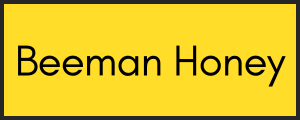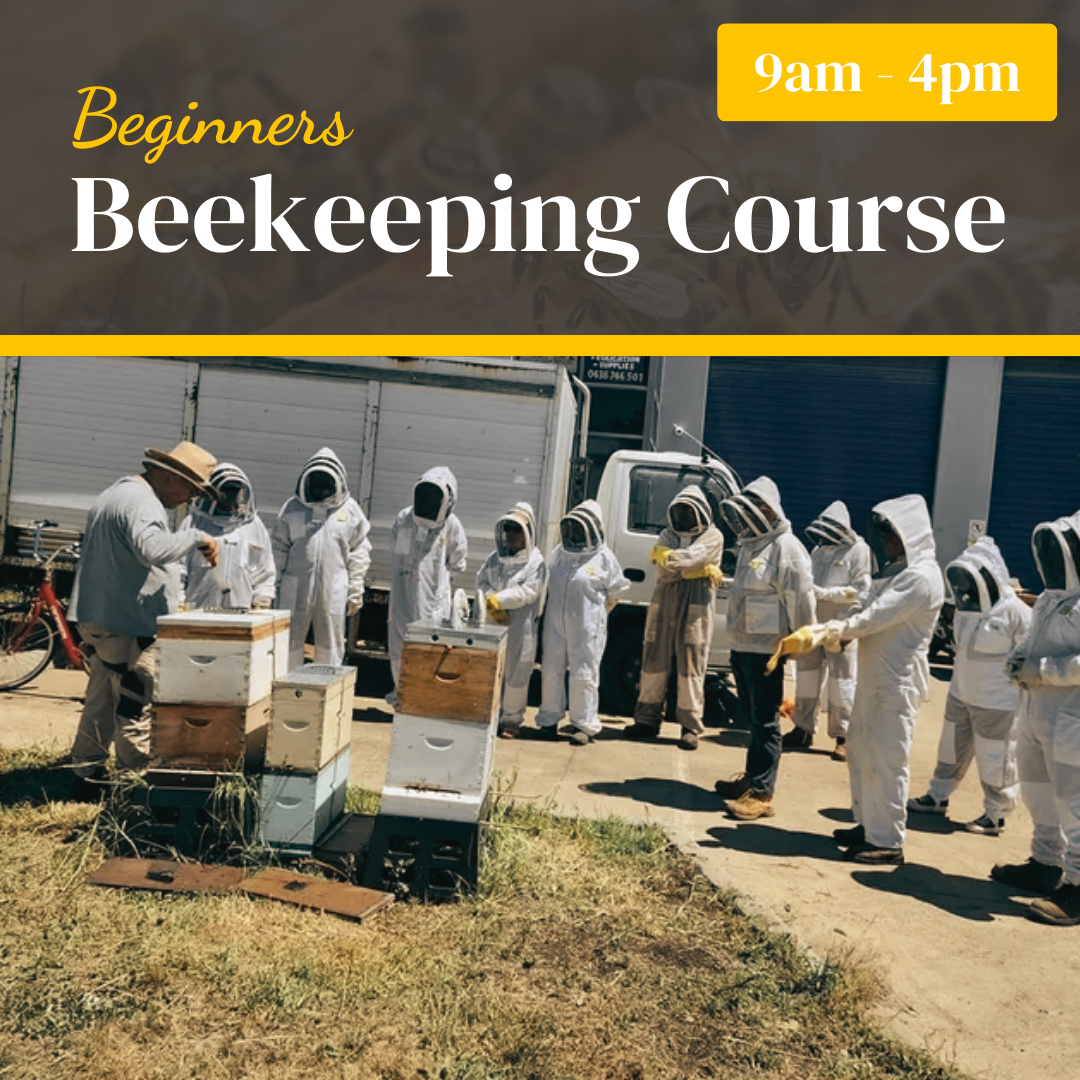I attended this session and I am very glad that I did so.
The session was well attended and included some people who had been keeping beehives for some time. This meant that there were plenty of questions from the participants.
Mo's introduction covered the significance of bees in our environment, particularly in agriculture, since flowering plants rely on bees for pollination. Without easy pollination our fruit, nut and vegetable would be severely damaged, if not destroyed.
Mo then dealt with the life cycle of bees and how a hive actually works.
After lunch Mo opened three hives that had last been opened in May 2025, that is, before winter. The first hive contained bees that were fairly aggressive once the hive was opened. Mo explained that he was not sure of the source of this hive, and said that the bees would quite down once the queen bee was replaced with one more docile. The other two hives contained docile bees, which meant that Mo could examine the hives in a relaxed manner. All hives had a good deal of honey, and Mo replaced some of the honey frames of the bees to fill.
Mo demonstrated the equipment used by beekeepers, including the use of a bee suit, smoke producer, and opening the hives for examination. He also introduced us the pests that can enter a hive, and how to effectively deal with them.
It was a great introduction to beekeeping. Mo's honey is rich, thick and very tasty. It reminds me of the taste of honey when I was a child, many years ago, before the supermarket honey available today.
I am greatly encouraged to take up beekeeping by this session. I see that beekeeping in the suburbs of Melbourne is quite feasible, and that it is of vital importance to our community.
I thoroughly recommend Mo's classes to anyone interested. Thank you to Mo and Ms Mo.



